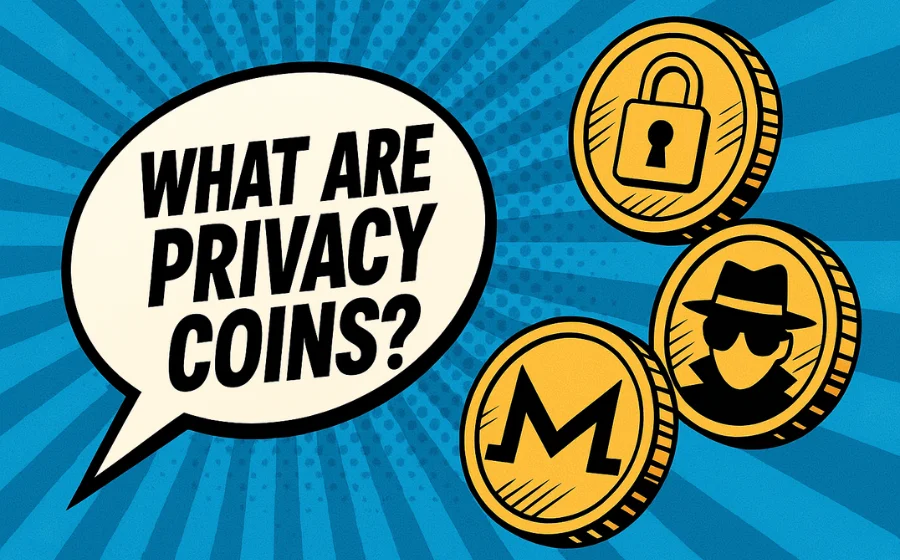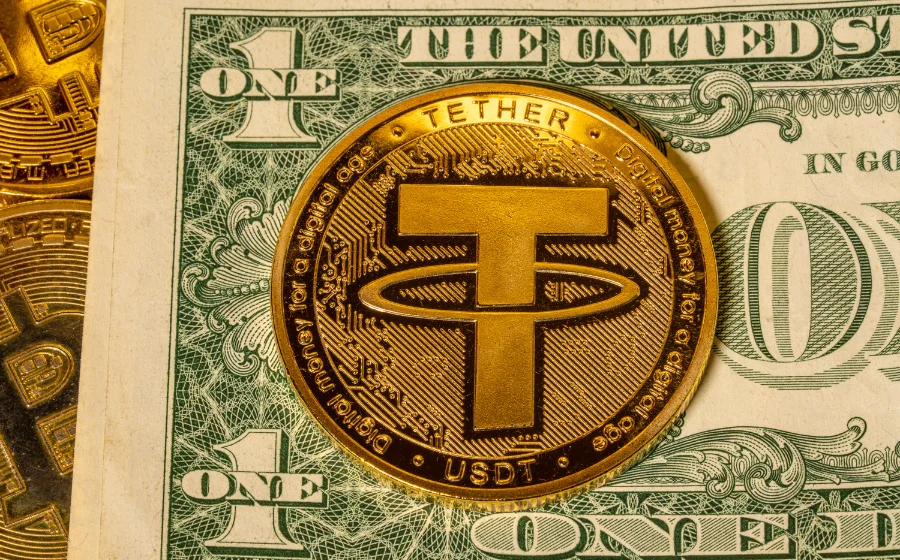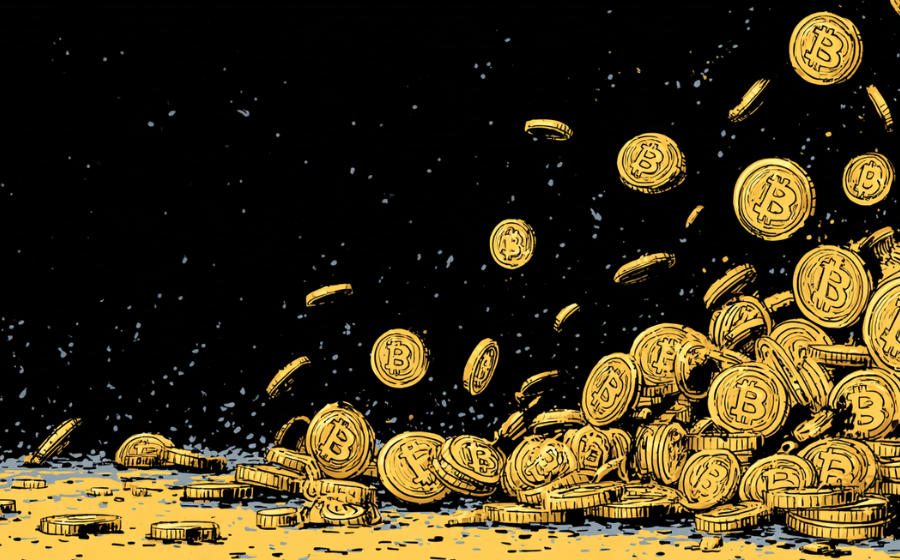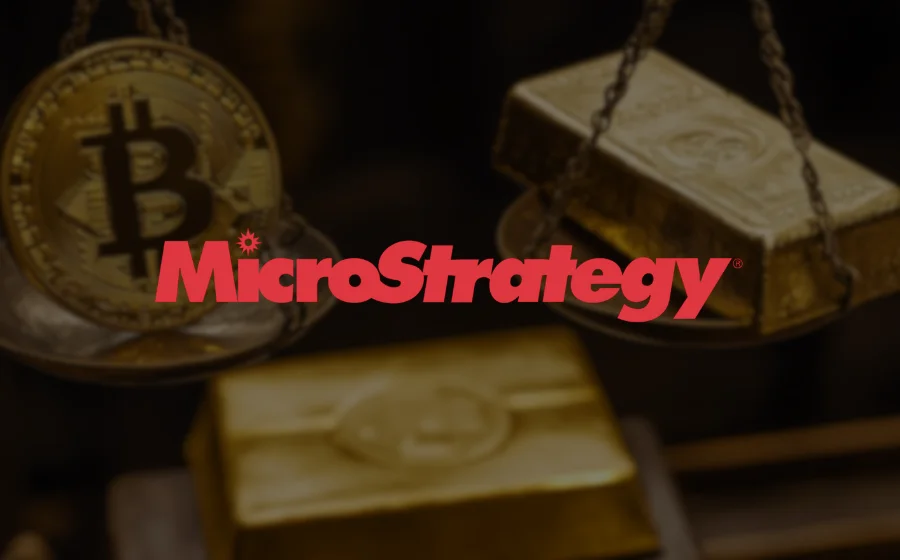
KEYTAKEAWAYS
- Privacy Coins like Monero, Zcash, and Dash prioritize anonymity and untraceability, using cryptographic tools such as ring signatures and confidential transactions.
- They face increasing regulatory pressure globally, with several countries banning them and exchanges delisting them to avoid legal risk.
- Despite regulatory challenges, Privacy Coins remain essential for financial sovereignty, especially as surveillance and data exploitation continue to rise.

CONTENT
Privacy Coins are cryptocurrencies designed to protect user anonymity and transaction untraceability, using cryptographic methods like zk-SNARKs, stealth addresses, and coin mixing.
WHAT ARE PRIVACY COINS?

Privacy Coins are a distinct category of cryptocurrencies designed to prioritize privacy, anonymity, and untraceability. For many advocates, financial privacy is not optional — it’s a fundamental human right and a core principle of sound money.
While public blockchains like Bitcoin ($BTC) are decentralized, they are also fully transparent. Every transaction and wallet address is visible on-chain, making it relatively easy to track deposits, withdrawals, and wallet interactions. With just one known wallet address, third parties can monitor spending habits, link activities, and even de-anonymize users with enough effort.
This is where Privacy Coins come in. They employ advanced cryptographic techniques to obscure the sender, receiver, and amount of transactions, thereby enabling fully private on-chain activity. By making transactions untraceable, these coins offer an alternative financial system for those who require confidentiality — whether for personal, political, or operational reasons.
📌 How Are Privacy Coins Different?
Privacy Coins typically focus on two core aspects of blockchain privacy:
- Anonymity – Hiding the identities behind the transactions so no one can determine who sent or received the funds.
- Untraceability – Making it practically impossible to trace the origin, path, or destination of funds using blockchain analysis.
To achieve this, these coins implement specialized technologies that go beyond what traditional blockchains offer. However, their strength is also a source of controversy. Because they can effectively hide financial flows, Privacy Coins are often associated with criminal activity — a connection that has led to increasing regulatory scrutiny and, in some cases, outright bans.
For example, South Korea and Japan have explicitly outlawed Privacy Coins. Over the past year, many centralized exchanges have been pressured to delist them in order to comply with financial regulations. Despite this, Privacy Coins remain legal in most jurisdictions — although regulatory risks continue to grow.
>>> More to read: How Are Crypto Assets Taxed? A Country-by-Country Overview
HOW DO PRIVACY COINS WORK?
Unlike standard cryptocurrencies, privacy isn’t a default feature on most blockchains. Privacy Coins are intentionally built with features to protect transaction data at the protocol level. Some of the most common privacy mechanisms include:
✅ Ring Signatures
This technique allows a group of users to sign a transaction collectively. Observers can’t tell which specific user initiated it, thereby concealing the sender’s identity.
✅ Stealth Addresses
Each transaction generates a one-time-use address for the recipient. This makes it difficult for outsiders to link a payment to a specific wallet or individual.
✅ Confidential Transactions (CT)
The amount of money being transferred is encrypted. This prevents the public from seeing how much is being sent, adding a layer of financial confidentiality.
✅ Coin Mixing
Transactions from multiple users are bundled and shuffled together. This breaks the deterministic links between sender and receiver, rendering analysis tools ineffective.
Many Privacy Coins combine these technologies, offering users robust tools to maintain full control over their financial data.
>>> More to read: What Are Soulbound Tokens (SBT)?
TOP 3 PRIVACY COINS
1. Monero (XMR)
Monero is often considered the gold standard among Privacy Coins. Since its launch in 2014, it has consistently delivered robust privacy features via its proprietary protocol stack, which includes:
- Ring Signatures to hide the sender’s identity
- Stealth Addresses to protect the recipient
- RingCT to obscure the amount being transferred
- Decoy Transactions to confuse chain analysis tools
Every Monero transaction broadcasts decoy outputs and obfuscated destination addresses, making it nearly impossible to distinguish between real and fake data. The Monero development team, largely anonymous to this day, has managed to ship updates every six months and is organized into specialized working groups.
Its development community is among the most active and decentralized in crypto, with a clear focus on privacy and performance.
>>> More to read: What is Monero (XMR)? The King of Privacy Coins
2. Zcash (ZEC)
Zcash is a fork of Bitcoin that incorporates zero-knowledge proofs — specifically zk-SNARKs — to enable private transactions. Unlike Monero, Zcash allows users to choose between public and private transaction types.
🔍 Key features include:
- Shielded Addresses: Similar to stealth addresses but can obscure both sender and receiver.
- zk-SNARKs: Non-interactive proofs that enable full transaction validation without revealing private data.
- Memo Field: Encrypted notes that can be attached to shielded transactions for added communication.
While Zcash offers advanced privacy features, the vast majority of its transactions remain public due to default settings or wallet compatibility. This has raised concerns that selective privacy could expose users through process-of-elimination analysis.
Still, Zcash’s optional privacy and regulatory-friendly stance have made it more palatable to institutional players.
3. Dash (DASH)
Dash originated as a fork of Litecoin, aiming to enhance speed and usability. While not a pure Privacy Coin, it does offer optional privacy features via a service called PrivateSend, which is based on the CoinJoin technique.
🔍 How it works:
- Transactions are broken into standard denominations
- Funds are mixed with other users’ coins through a multi-party transaction
- The final unified transaction is broadcast, breaking the connection between inputs and outputs
PrivateSend offers a moderate level of anonymity but is more centralized than Monero or Zcash. The feature also incurs additional transaction fees and is optional — most Dash users don’t use it.
Dash prioritizes practical payments over privacy, positioning itself as a fast, user-friendly cryptocurrency with the added benefit of opt-in anonymity.
THE RISKS OF PRIVACY COINS
The very traits that make Privacy Coins attractive also introduce regulatory and operational risks.
Their ability to fully obfuscate transactions makes them appealing to malicious actors for illicit activities such as money laundering, tax evasion, or terrorist financing. While studies show that only a small percentage of crypto transactions are linked to crime, the untraceable nature of Privacy Coins continues to draw negative attention from regulators worldwide.
Many centralized exchanges are wary of listing these assets due to compliance concerns. Additionally, if a government moves to outlaw these coins, holders could suddenly find themselves unable to trade or convert their assets — significantly reducing their liquidity and utility.
>>> More to read: What is Decentralized Identifier (DID)?
THE FUTURE OF PRIVACY COINS
Despite the headwinds, Privacy Coins remain a critical part of the broader crypto ecosystem. Their core promise — user-controlled financial privacy — aligns with the very ethos of decentralization and censorship resistance.
Cryptography, at its heart, is about enabling secure communication and transactions in environments where trust is limited or adversaries are present. In that context, Privacy Coins are not just a fringe experiment; they represent the purest expression of what decentralized finance could be.
However, global attitudes toward privacy in finance remain hostile. Even as surveillance capitalism and data exploitation grow, governments are increasingly favoring transparency, often at the expense of individual rights.
That said, political shifts — such as a potential re-election of pro-crypto figures like Donald Trump — may alter regulatory landscapes. If crypto-friendly policies return, we could see a renewed wave of interest and infrastructure support for Privacy Coins.
▶ Buy Crypto at Bitget
ꚰ CoinRank x Bitget – Sign up & Trade!


















